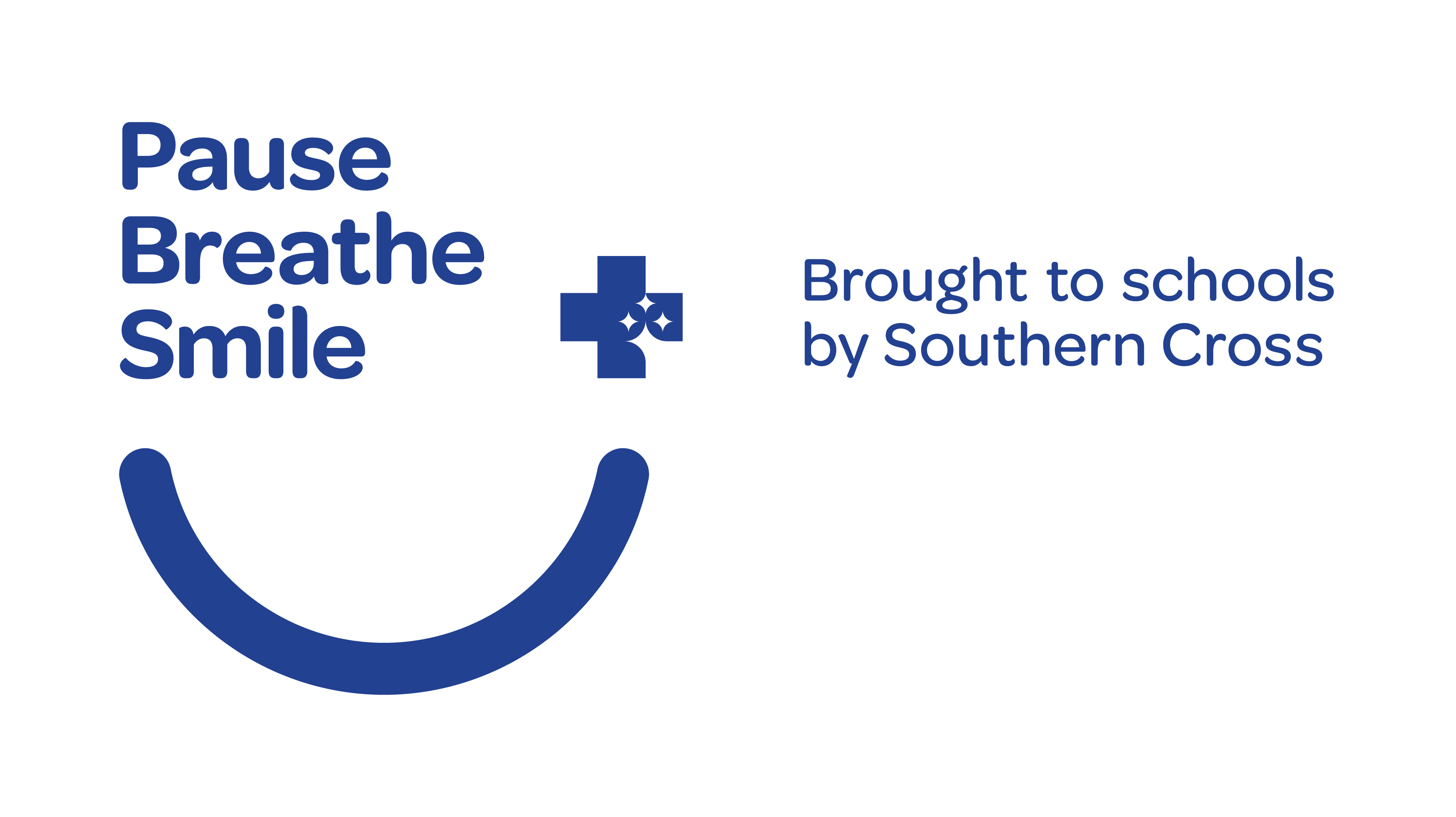Pause Breathe Smile is a mind health programme designed to equip children aged five to 12 with tools to manage the ups and downs of life and set them up for a healthy future. Delivered in schools, by teachers, it is aligned with the New Zealand curriculum and fully funded by Southern Cross. More than 6,500 teachers throughout New Zealand are now trained to deliver Pause Breathe Smile.
The whole-school PLD approach supports schools implement a robust, evidence-based wellbeing programme. Whether your school already has wellbeing initiatives or you’re just starting out, the Pause Breathe Smile programme will meet you where you are to layer, enrich, and embed wellbeing experiences and approaches. By building the capacity of your team, you can build the wellbeing outcomes for your learners.
Kay Stevens, Principal at Riversdale, Southland, agrees. The Pause Breathe Smile programme “can benefit everyone in school community. Because as children become calmer and more mindful, the teachers are benefitted as well,” says Stevens. “In a very busy and challenging world—it’s become more complex over time—students and adults need to have specific strategies for managing their wellbeing, and that absolutely contains specific strategies for doing this. No longer do you need to say ‘calm down’ to a child without giving them the tools to do that.”
“Before we introduced Pause Breathe Smile, we had very dysregulated children. We wanted to help them with their concentration, with focus, with emotional regulation. We wanted to help them for the educational benefits, yes, but it was more about helping them with emotional regulation.”
“Pause Breathe Smile teaches specific skills—that’s the key part of it. There are other programmes, but just saying “just calm down” didn’t work. Because we hadn’t yet taught them strategies; they didn’t know yet that emotions come and go. They didn’t understand the body, there was very little bodily understanding. So that’s a lot of what we were hoping to bring into the school to help our children. If the programme has helped a child make a good decision, what a bonus that would be, even if it impacted significantly on one child.“

